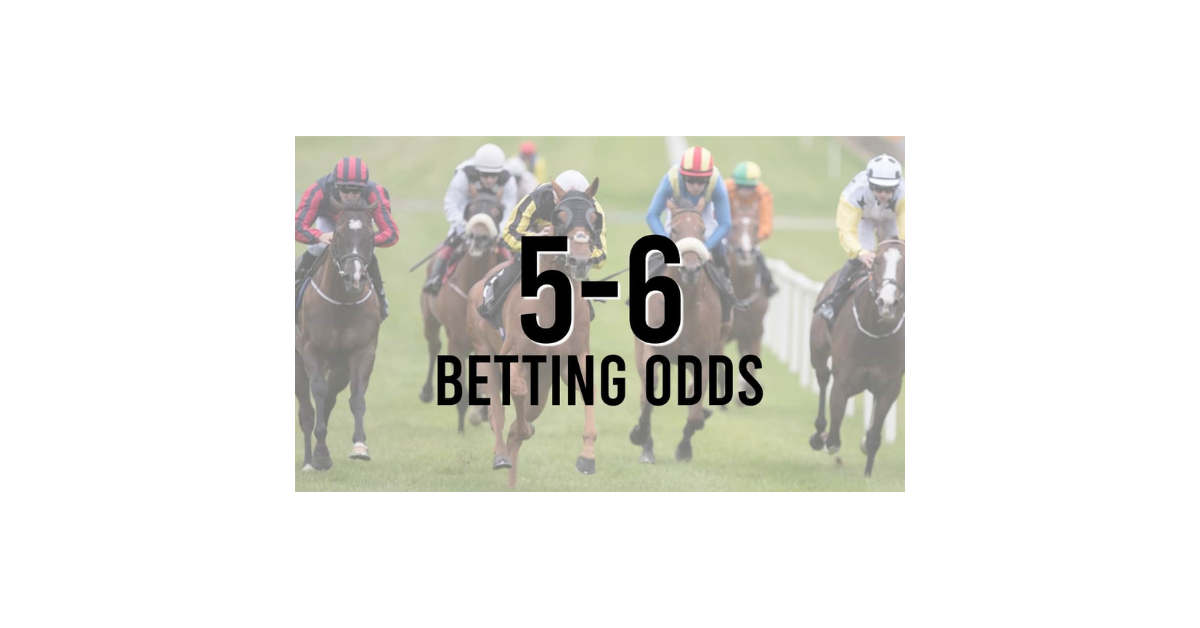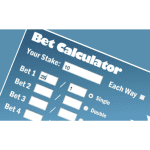Understanding the concept of odds in betting
When it comes to betting, understanding odds is essential. Odds represent the probability of a particular outcome occurring in an event. They indicate how much you can potentially win relative to your stake. In simple terms, odds reflect the likelihood of a specific outcome happening, with lower odds indicating a higher probability and lower potential payout, while higher odds suggest a lower likelihood of occurrence but a higher potential return on investment.
Both fractional and decimal odds are commonly used in betting. Fractional odds are displayed as fractions (e.g., 5/1) or ratios (e.g., 5:1), representing the potential profit you can make relative to your stake. Decimal odds, on the other hand, show the total amount you will receive, including your stake, for every unit staked. Understanding how to interpret odds is crucial for making informed betting decisions and maximizing potential returns.
The significance of odds ratios in sports betting
Understanding odds ratios is crucial in sports betting as they provide valuable information on the likelihood of a certain outcome happening. Odds ratios help bettors assess the potential risk and reward associated with placing a bet on a particular event or match. By analyzing the odds ratios offered by bookmakers, bettors can make more informed decisions and increase their chances of placing successful bets.
In sports betting, odds ratios also play a key role in determining the potential profits that can be made from a successful bet. The higher the odds ratio, the greater the potential payout will be if the bet is successful. This means that bettors need to weigh the odds carefully and consider both the probability of the outcome and the potential returns when deciding where to place their bets. By understanding and interpreting odds ratios effectively, bettors can enhance their overall betting strategy and maximize their chances of profitable outcomes.
Exploring the meaning of 5/6 odds in betting
5/6 odds in betting represent the probability assigned to a particular outcome. In this case, for every 5 times the outcome is expected not to happen, it is estimated to occur 6 times. This can also be simplified as 5 divided by 6, or approximately 0.8333 in decimal odds.
When betting with 5/6 odds, it is important to note that for every $6 wagered, the potential profit will be $5, in addition to the return of the original $6 stake if the bet is successful. Understanding how to interpret these odds is crucial for making informed betting decisions and maximizing potential returns.
Calculating potential payouts with 5/6 odds
When it comes to calculating potential payouts with 5/6 odds in betting, it’s important to understand how the odds work. In this scenario, the 5/6 odds mean that for every $6 bet, you stand to potentially win $5 in profit. This can be calculated by dividing the denominator of the odds (6) by the numerator (5), which gives you the multiplier for your bet.
For example, if you place a $12 bet at 5/6 odds and your bet is successful, you would receive $10 in profit ($12 divided by 6 equals 2, multiplied by 5 equals $10). Therefore, your total payout would be $22 ($12 initial bet + $10 profit). Understanding how to calculate potential payouts with 5/6 odds can help you make more informed decisions when placing bets in the sports betting market.
How to interpret 5/6 odds in different betting markets
Understanding how to interpret 5/6 odds in various betting markets is essential for making informed decisions. In sports betting, these odds indicate that for every $6 wagered, you could potentially win $5. This means that if you bet $6 and win, you would receive a total of $11 including your initial stake.
In horse racing betting, 5/6 odds imply that there is a 45.45% probability of the event occurring based on the implied probability formula. Deciphering these odds enables bettors to assess the implied likelihood of an outcome happening and weigh the risk against the potential reward. By grasping the interpretation of 5/6 odds across different betting markets, individuals can strategically navigate the complexities of wagering on various sports and events.















